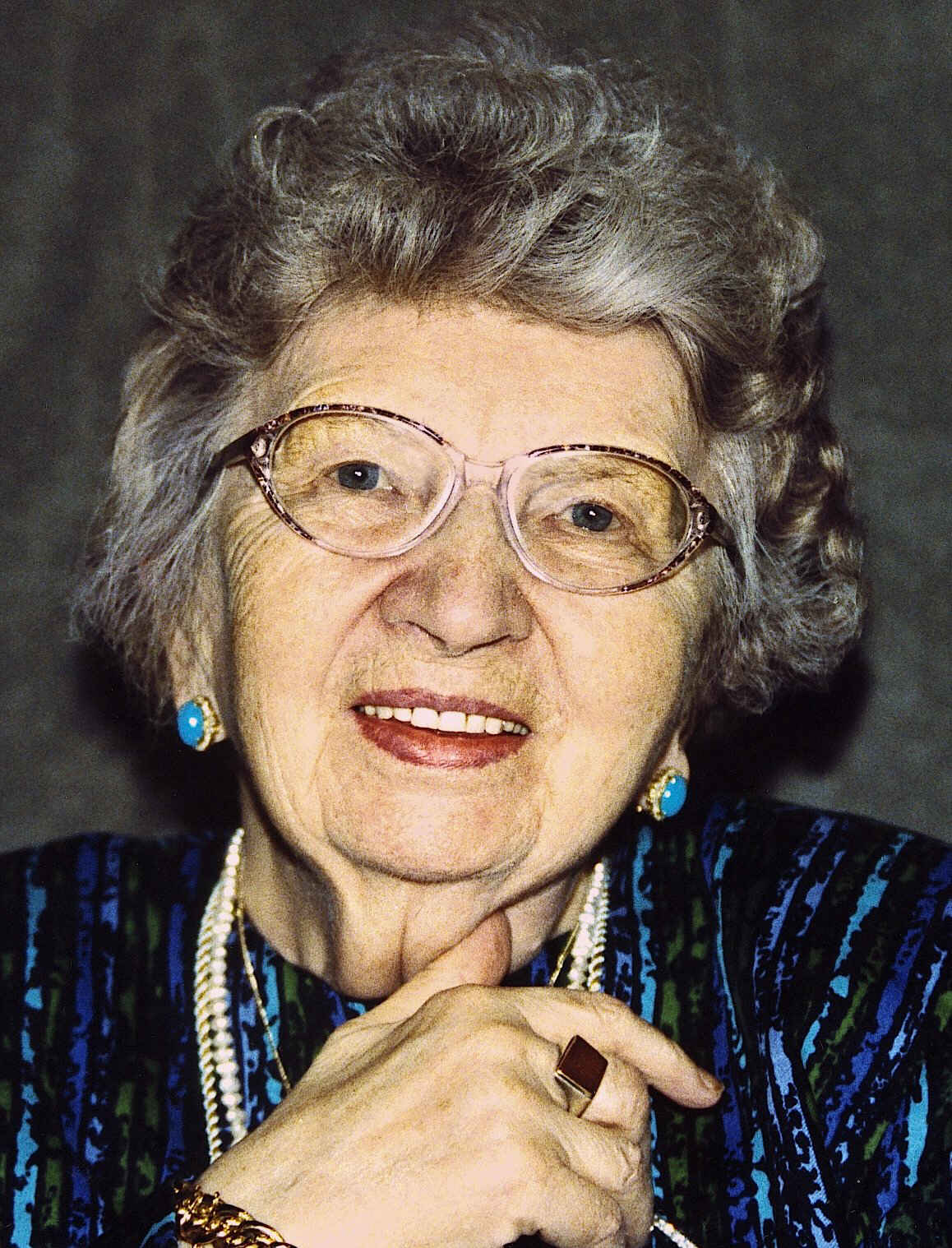

Schimmel became fascinated
with the Muslim world after hearing Arabian tales as a child and went on to
become one of the 20th century's most influential scholars of Islam.
She taught generations of students in a breathtaking
style that included lecturing with her eyes closed and reciting long passages
of mystical poetry from memory. She spoke Arabic, Farsi, Turkish, Urdu, and
Punjabi.
She wrote more than 50 books and hundreds of articles published
around the world, on Islamic literature, mysticism, and culture. In some Muslim
countries she was treated as a celebrity and showered with honors.
Her eagerness to delve into Islamic cultures led to friendships
with repressive rulers that sometimes propelled her into public controversies.
Some intellectuals attacked her for painting too gentle a picture of Islam and
for failing to denounce evils committed in its name.
Schimmel's interests ranged across the Muslim landscape.
She wrote a book about the role of cats in Islamic literature and another, The
Mystery of Numbers (1993), that compared numerical symbolism in various
cultures. Her consuming passion, however, was Sufism, the mystical branch of
Islam. Prominent Sufis acknowledged her as one of the foremost experts on their
history and tradition.
Annemarie Schimmel was born on 07 April 1922, in Erfurt,
Germany. She loved to read poems by Friedrich Rückert. She was so deeply
impressed by his versions of Persian and Arabic literature that she ardently
longed to learn more about Oriental culture. When she turned 15, she met a teacher
of Arabic. He found her so infatuated with her studies that he began to introduce
her to Islamic history and culture.
She finished high school at 16, two years earlier
than is usually the case. One year later she followed her father to Berlin where
she continued her Arabic studies at the University and also took courses in
Islamic art. In November 1941 she got her first doctorate.
In the course of her 6 years of study, she began
writing her dissertation on Mamluk history and on 01 April 1945, took her second
doctorate. On Armistice Day, in May 1945 she was interned by the Americans in
Marburg. After a few months she joined the University of Marburg and studied
under Professor Friedrich Heiler, the famous historian of religions. She submitted
her Habilitation (postdoctoral) and delivered her inaugural address on 12 January
1946.
She had a nearly photographic memory. For years she was
a consultant to the Metropolitan Museum of Art in New York, where she was legendary
for her ability to identify scraps of ancient text.
After earning her second doctorate, in comparative religion,
Schimmel began teaching Persian and Arabic poetry at the University of Marburg
in Germany. From 1954 to 1959 she taught theology at the University of Ankara
in Turkey, the first woman and the first non-Muslim to do so. In July 1969 she
inaugurated the Indo-Muslim studies program at Harvard, and taught it until
she retired and returned to Bonn in 1994.
Leaders of Islamic countries revered her, and she readily
accepted their hospitality.
Schimmel often seemed naïve about politics. She said: “That
is not my world. I'm interested in culture, religion, the daily life of Islam,
the foundation, not the politics of the day."
In 1995 Schimmel was awarded the Peace Prize of the German
Book Trade, an award also given to Albert Schweitzer, Martin Buber and Vaclav
Havel. The citation praised her lifelong search for “a synthesis of Islam and
the modern.” In awarding the prize, Roman Herzog, then president of Germany,
called Schimmel “one of the few Western scholars who is able and ready to think
herself totally into the mental world of this different culture.”
Several dozen German intellectuals, among them
Günter Grass and Jürgen Habermas, issued a statement condemning the award: “This
German Orientalist is a welcome guest in totalitarian Islamic states like Iran,
but in her entire work there is not a single reference to human rights violations
in those countries. But Schimmel declared: “I have never seen anything in the
Koran or in the traditional writings that called for or even allowed terrorism
or hostage-taking.”
Schimmel was briefly married in the 1950's. Despite her
fascination with Islam, she remained Lutheran her entire life. She completed
work on an autobiography not long before her 23 January 2003 death.
“Corporeal death is necessary,” she said once in a lecture
about Sufism. “How else do you get in close touch with the Divine Beloved?”
Schimmel wrote sometimes in English. Some of
her books are The Triumphal Sun. Life and Works of Mowlana Jalaloddin
(1978) — Rumi: Ich bin Wind und du bist Feuer — Calligraphy
and Islamic Culture (1984) — Mystical Dimensions of Islam
(1975) — Berge, Wüsten, Heiligtümer (1994) — Gabriel’s
Wing. A study into the religious ideas of Sir Muhammad Iqbal (1963) —
Die Träume des Kalifen: Träume und ihre Deutung in der islamischen
Kultur (1998) — Im Reiche der Großmoguln (2000) —
The
Mystery of Numbers (1993). — Islam in the Indian Subcontinent
(1980) — And Muhammad is His Messenger (1985) — A Two-Colored
Brocade: The Imagery of Persian Poetry (1992) — Deciphering the
Signs of God: A Phenomenological Approach to Islam (1993) — As
Through a Veil (1982) — Islamic Personal Names (1990) —
Make a Shield from Wisdom (1993) — Die Zeichen Gottes: Die
religiöse Welt des Islams (1995)— Meine Seele ist eine Frau:
Das Weibliche im Islam (1996) — Nightingales under the Snow
(from which 4
short poems online)— Die
Religion des Islam (1999) — Sufismus: Eine Einführung
in die islamische Mystik (2000) — Im Namen Allahs, des Allbarmherzigen:
der Islam (1999).
She has also translated Persian, Urdu, Arabic
and Turkish works into English and German.